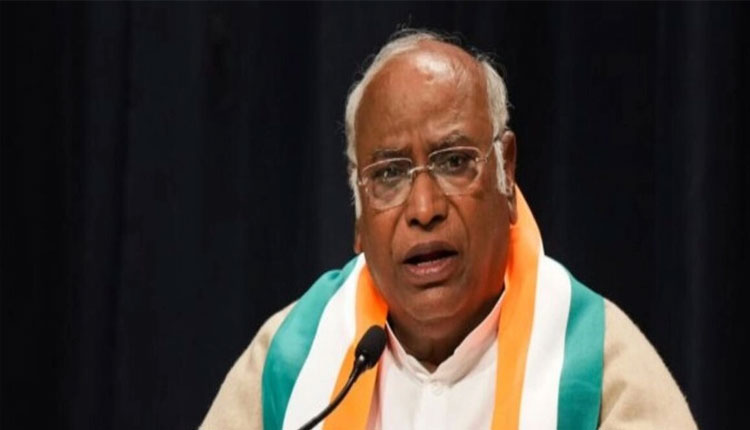New Delhi: The fourth meeting of the India Alliance in Delhi has yielded significant progress, with leaders of 28 political parties finding common ground and discussing crucial matters related to the opposition alliance. The gathering at Delhi’s Ashoka Hotel witnessed the proposal of Congress leader Mallikarjun Kharge as a potential prime ministerial candidate, bringing hope for a united front against the ruling Bharatiya Janata Party (BJP).
Consensus Building and Kharge’s Prominence:
The meeting marked a significant step towards consensus-building among opposition parties, aiming to oust the BJP in the upcoming Lok Sabha elections. Kharge’s name was first put forth by West Bengal Chief Minister Mamata Banerjee and supported by Delhi Chief Minister Arvind Kejriwal. This proposal resonates with the alliance’s desire for strong leadership and a unifying figure.
Kharge’s Appeal and Strategic Advantages:
Kharge’s prominence as a Dalit leader adds a crucial strategic advantage to the alliance. With Dalits constituting approximately 16.6 percent of India’s population, their influence in determining the outcome of 84 Lok Sabha seats cannot be overlooked. Kharge’s rise to prominence within the Congress and his acceptance by the alliance parties underscore his suitability for the role.
Geographical and Electoral Considerations:
Kharge’s background in Karnataka presents an opportunity for the Congress to consolidate its position in southern India, where the party seeks to make significant gains. Recent elections in Karnataka and Telangana have demonstrated the potential for the Congress to regain its stronghold in the region. Kharge’s leadership could potentially galvanise the Dalit vote bank, enhance the alliance’s appeal, and increase the likelihood of electoral victories in South India.
Non-Gandhi Leadership and Unifying Role:
Kharge’s emergence as a potential PM candidate aligns with the demand within the Congress and the alliance for a non-Gandhi leader. His non-Gandhi affiliation diminishes the objections that some coalition partners might have had towards Rahul Gandhi. Additionally, Kharge’s ability to unify the alliance, evident during his tenure as Congress president, solidifies his position as a bridge-builder and a leader capable of holding the coalition together.
The India Alliance’s fourth meeting in Delhi has set the stage for a united opposition front, with Mallikarjun Kharge as a potential prime ministerial candidate. Kharge’s strategic advantages, including his Dalit leadership, geographical appeal, and non-Gandhi status, position him as a strong contender to lead the alliance against the BJP in the upcoming Lok Sabha elections.



Comments are closed.